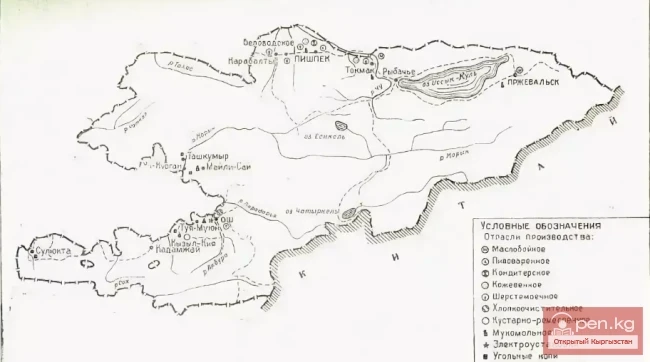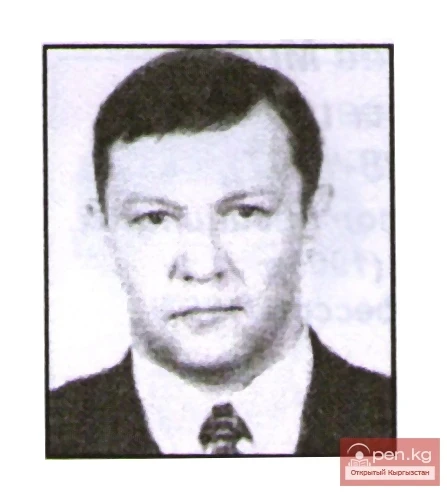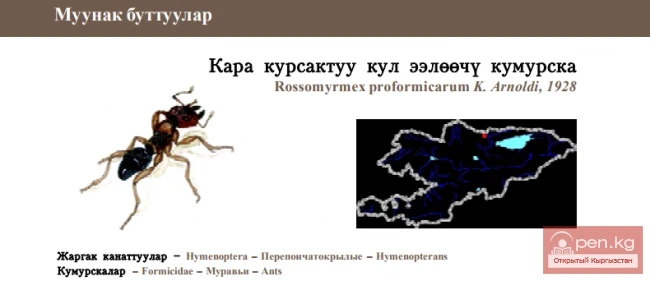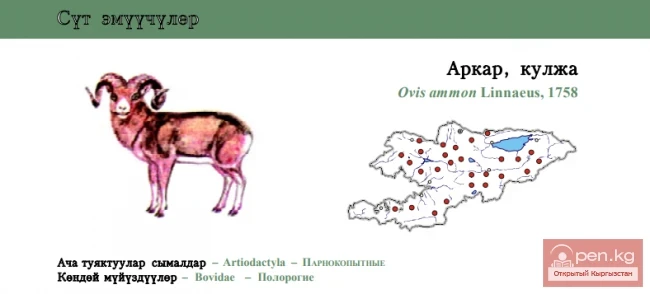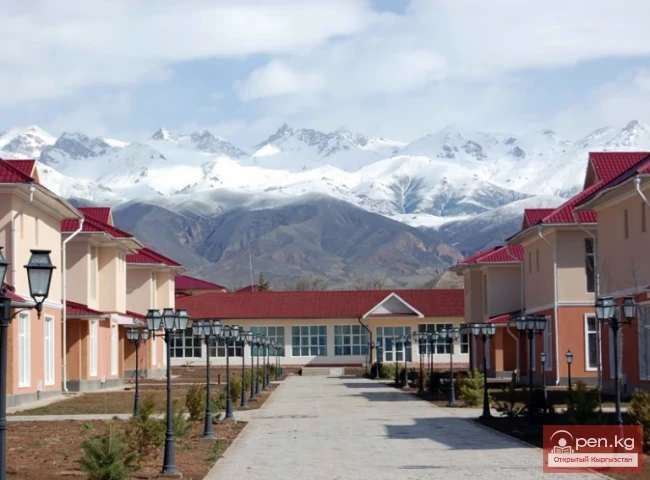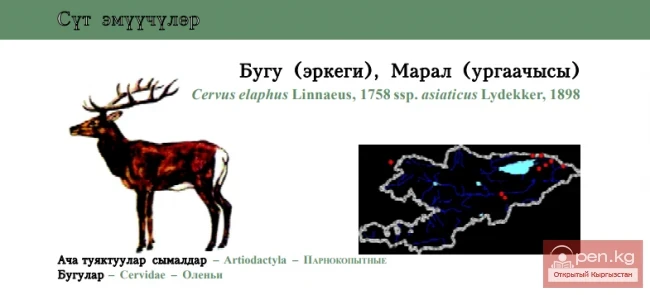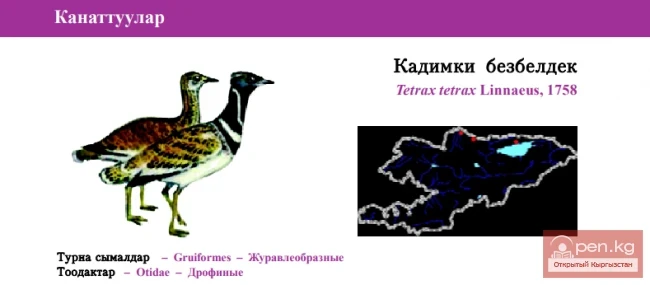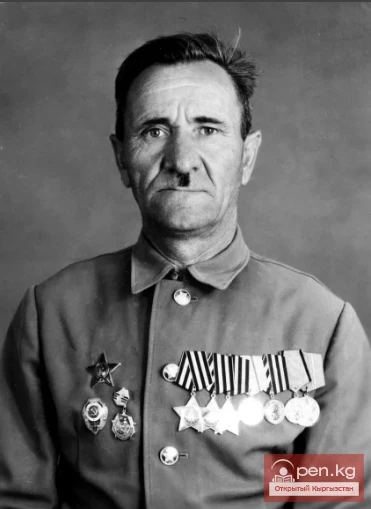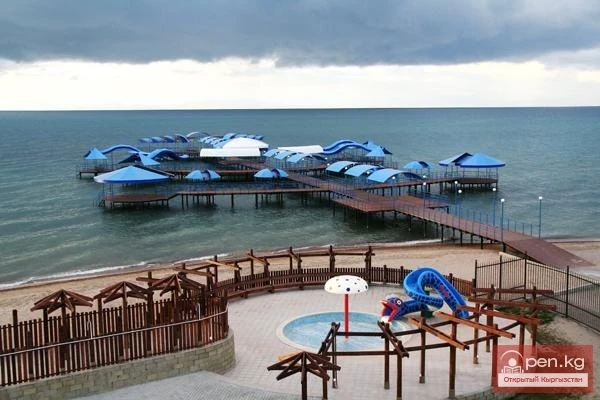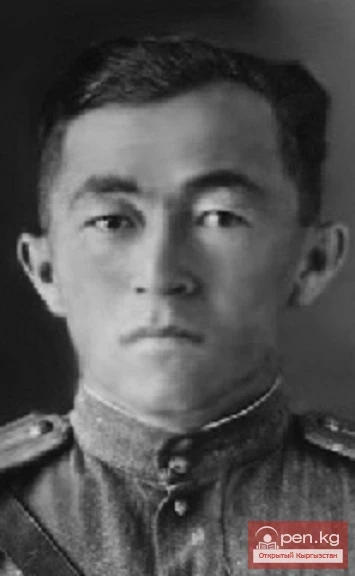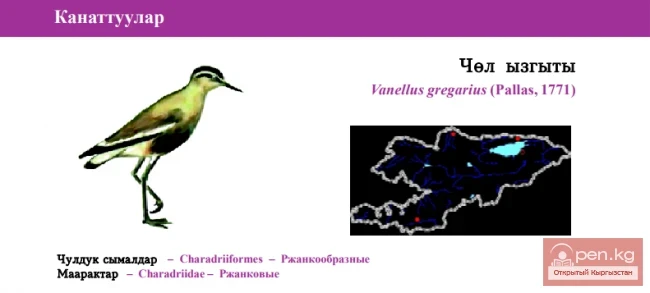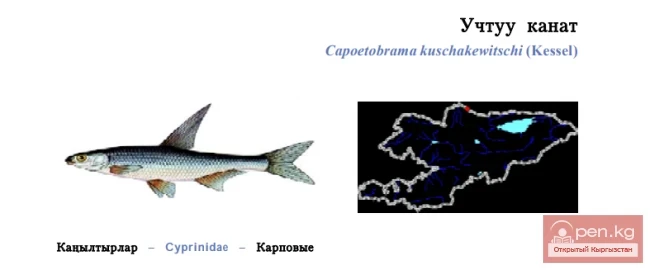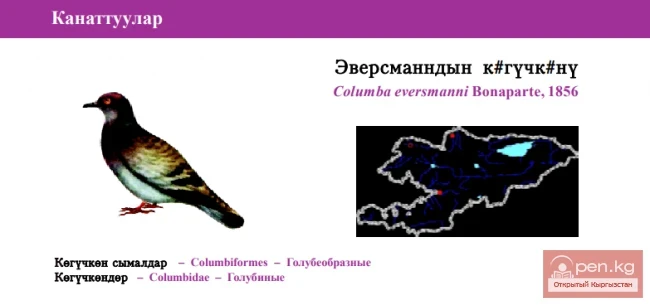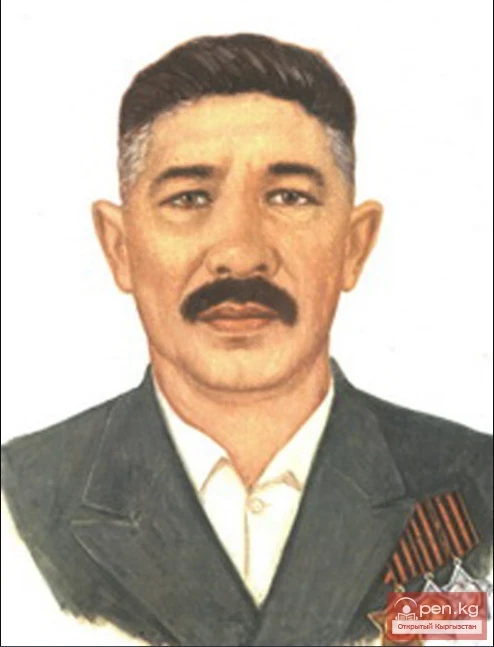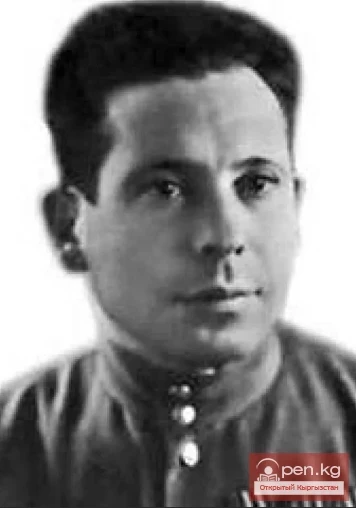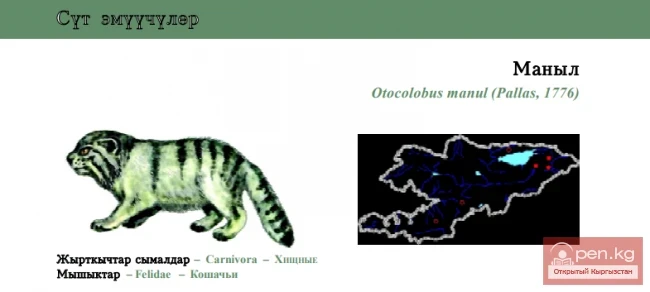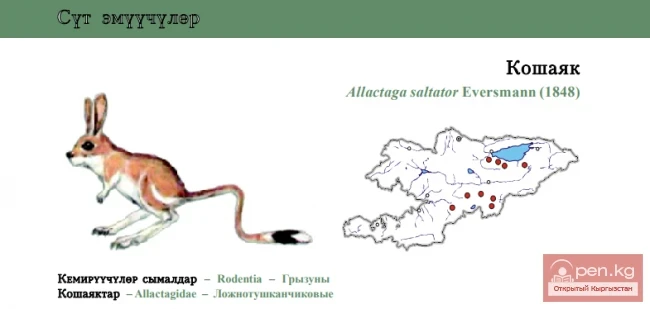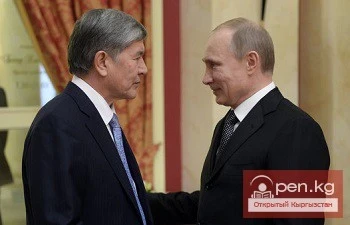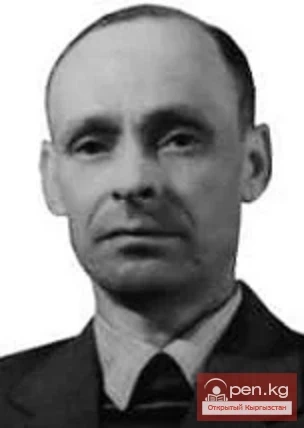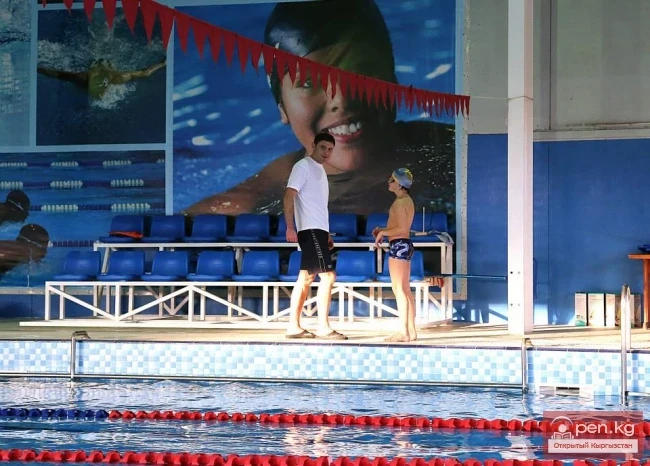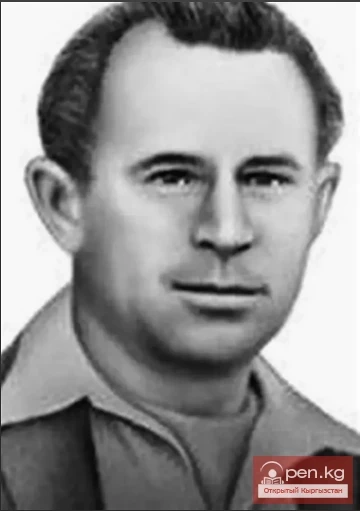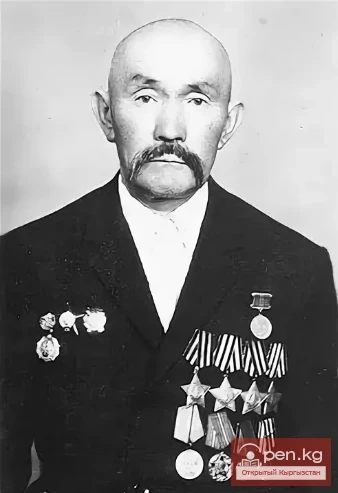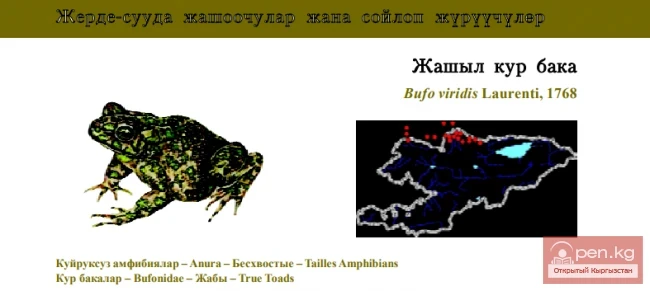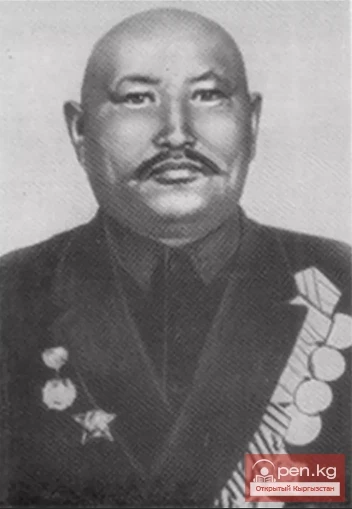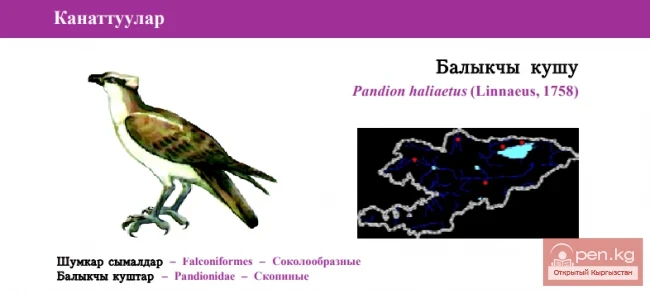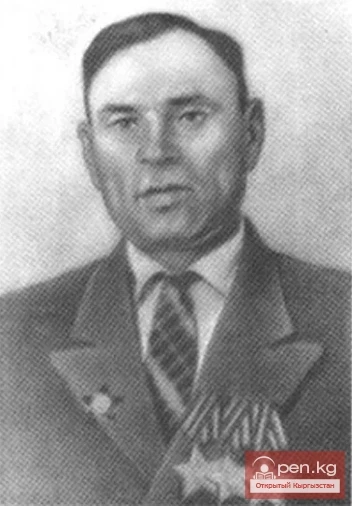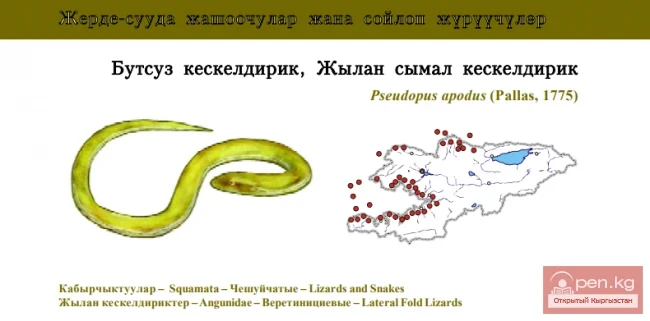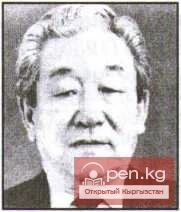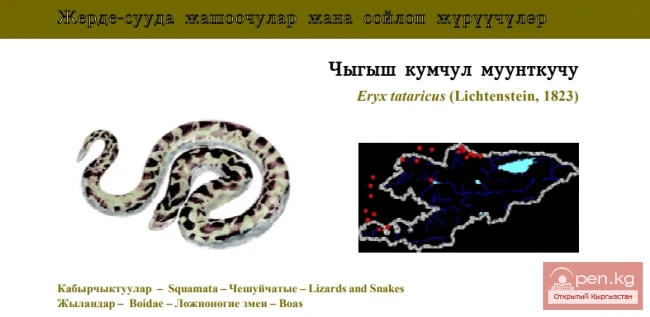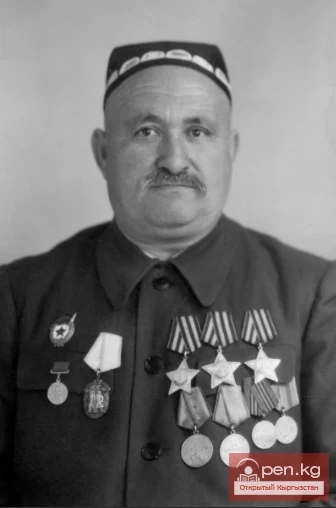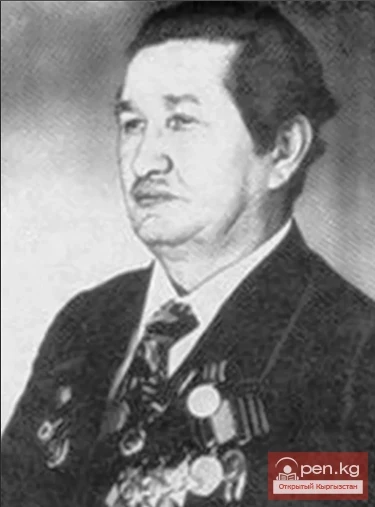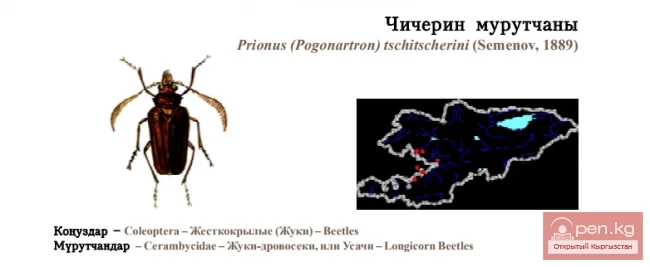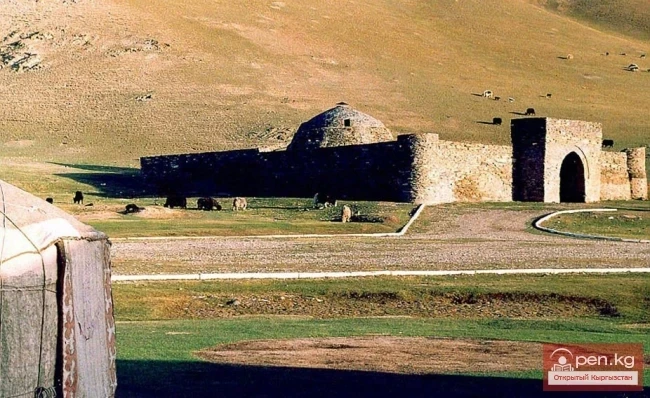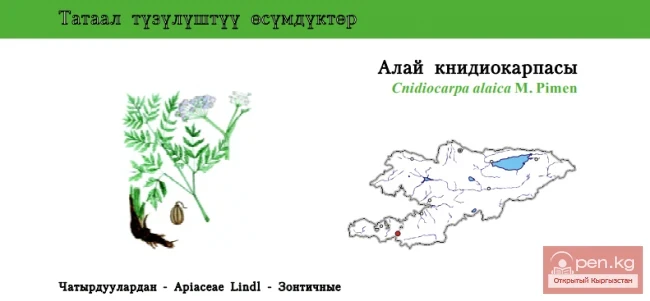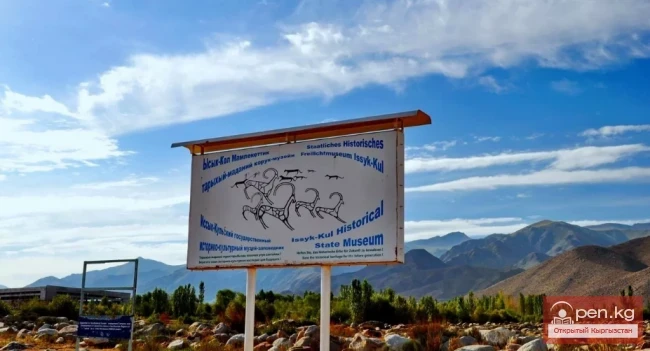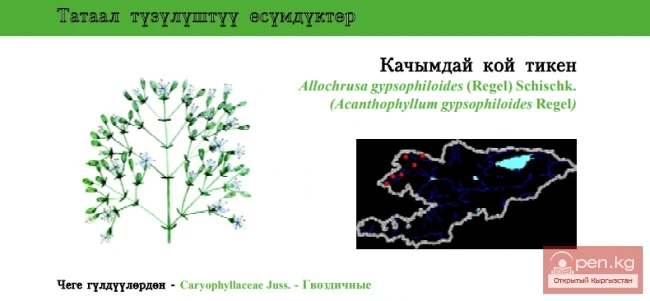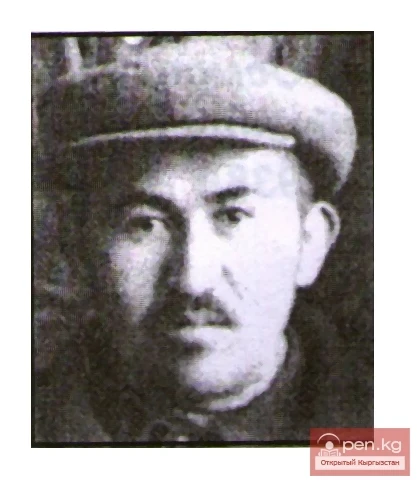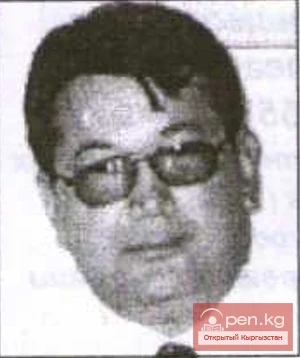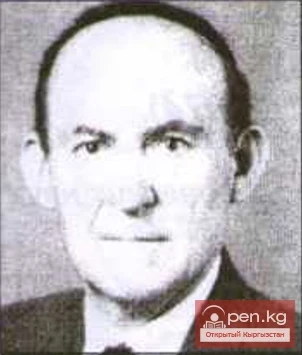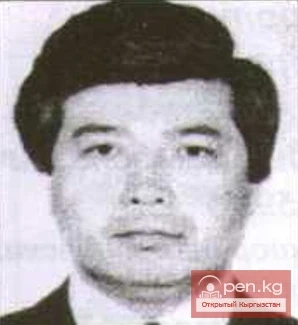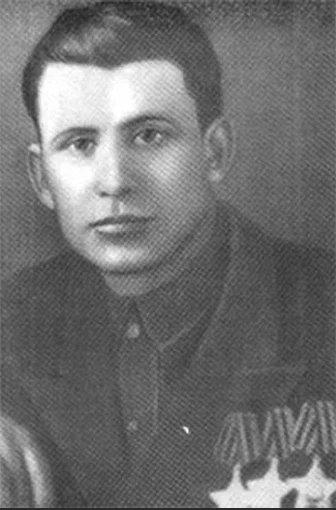
Vladimir Sergeyevich Olkhovsky
Commander of a platoon of the 216th Rifle Regiment (76th Rifle Division, 47th Army, 1st Belorussian Front), sergeant – at the time of his nomination for the Order of Glory 1st class.
Born on December 25, 1925, in the village of Grodikovo, now in the Zhambyl District of the Zhambyl Region of the Republic of Kazakhstan, in a peasant family. Russian. Moved with his parents to Kyrgyzstan, lived in the village of Kirovskoye (now Kyzyl-Adyr), then in the village of Pokrovka, Talas Region. Completed 7 grades of school. Worked in a collective farm.
In September 1942, he was drafted into the Red Army. He was at the front from October of the same year. At the end of 1944, he was appointed commander of a platoon of the 216th Rifle Regiment of the 76th Rifle Division.
On January 15, 1945, near the locality of Kluch (10 kilometers northeast of the city of Nowy Dwór Mazowiecki, Poland), junior sergeant Olkhovsky displayed examples of courage, bravery, and resourcefulness. When the seventh company, in a surge of attack, encountered heavy flanking fire from the enemy, junior sergeant Olkhovsky was able to quickly orient himself, stealthily take a favorable position, and with return fire from a light machine gun not only suppress the enemy's dangerous firing points but also put to flight their advancing lines. Pursuing the enemy, he was among the first to burst into the enemy trench, eliminating 2 Nazis and capturing 6. He was nominated for the Order of Glory 3rd class.
By the order of the commander of the 76th Rifle Division dated February 3, 1945, junior sergeant Olkhovsky Vladimir Sergeyevich was awarded the Order of Glory 3rd class (No. 237539).
A few days later, he distinguished himself again.
From the award sheet:
“Sergeant Olkhovsky, in the battles for the settlement of Deutsch-Krone on February 4, 1945, replacing the incapacitated platoon commander, personally led the platoon in the assault, captured a concrete pillbox on the height near the village of Zalemyul, and, personally eliminating ten fascists who were holed up in the pillbox, selflessly repelled counterattacks from the enemy who sought to regain the height with fire from his automatic rifle. Then, having stealthily moved forward, Olkhovsky destroyed the crew of a heavy machine gun with grenades and, turning this still quite serviceable machine gun towards the advancing enemy, scattered their groups...”
By his order dated March 11, the commander of the 47th Rifle Army awarded junior sergeant Olkhovsky Vladimir Sergeyevich the Order of Glory 2nd class.
In subsequent offensive battles on the way to the Oder River, sergeant Olkhovsky continued to command the platoon, as no officer had yet been sent. On March 8, he was seriously wounded by a sniper's bullet and sent to the rear.
In the last award sheet for Vladimir Olkhovsky, it is recorded by days:
“...In the battles for the capture of the settlement of Schwachow on March 2, sergeant Olkhovsky, commanding a rifle platoon, displayed examples of courage and bravery, skillfully organized the interaction of the attached means, and was the first to burst into the village, where in skilled battles he eliminated 14 German soldiers and officers, thereby contributing to the advance of other rifle units.
On March 3, in the battles for the settlement of Lankhenhagen, he was the first to burst into the settlement with his platoon, throwing grenades at the enemy's heavy machine gun, whose crew was completely destroyed.
During the repulsion of the enemy's counterattack on March 5, for the capture of the settlement of Baring, he personally eliminated 4 fascists. He was wounded but did not leave the battlefield, carrying out the command's orders...”
By the order of the troops of the 47th Rifle Army dated March 11, 1945, junior sergeant Olkhovsky Vladimir Sergeyevich was awarded the Order of Glory 2nd class (No. 34212).
In the only surviving letter from that time, dated June 9, 1945, Major Grigory Petrov informed Vladimir's mother in Pokrovka:
“Dear Pelageya Maximovna! I send you a commander’s greeting and congratulate you on our common Victory over the Hitlerite filth. Whether your son, Volodya, is alive, I cannot say, but you can be proud of him. He fought the enemy bravely and ruthlessly. Before my eyes, he repeatedly cleared his way to the goal with his fist and the butt of his rifle and always emerged victorious. I remember his most daring feats on January 15, January 30, and in subsequent battles in February and March. On March 8, on the way to the Oder, he was seriously wounded in the chest and abdomen, and I helped put him on a stretcher, advising not to move too much. On March 9, we broke through at the same place where Volodya was wounded. Then, on the 10th, 11th, 12th, 13th, and 14th, we had fierce battles, and even fiercer were the battles on the 15th and 16th before reaching the Oder, where we arrived on March 17. We destroyed many Nazis on our way to the Oder, avenging Volodya. Each soldier and officer kept their own count. It is a pity about the major, comrade Grachev. On March 10, a shell explosion ended his combat life – two days after Volodya's injury. And we avenged our fallen comrades, for Volodya Olkhovsky and for our glorious and fearless combat commander, Major Grachev, throughout the path of offensive battles to Berlin and from Berlin to the Elbe, where we joined our allies.
If Volodya is alive and has returned, tell him that his comrade in brave actions, Silantyev, is alive and well, but was wounded and did not reach the Oder due to his injury. A miracle saved me; I survived. True, there were moments when it seemed I was already saying goodbye to life, but everything turned out fine. I really want to believe that everything will be fine with your son too...”
And indeed, everything turned out fine for Vladimir Olkhovsky.
He spent more than three months in hospitals. It was here that he was awarded the Order of Glory 2nd class.
By the decree of the Presidium of the Supreme Soviet of the USSR dated May 31, 1945, for exceptional courage, bravery, and fearlessness in battles against the Hitlerite invaders, sergeant Olkhovsky Vladimir Sergeyevich was awarded the Order of Glory 1st class (No. 2866). He became a full knight of the Order of Glory.
In June 1945, he was demobilized due to his injury. He returned to his native Kyrgyzstan and started a family. He lived in the village of Pokrovka in the Manas District of the Talas Region. And despite the severe injury that left a lasting mark on him, he lived and worked to the fullest in the collective farm.
A member of the Communist Party of the Soviet Union since 1950. Awarded the Orders of Glory of all three classes and medals.
He died on December 3, 1969.
A street in the village of Pokrovka is named after him.
Kyrgyzstanis – Full Knights of the Order of Glory
